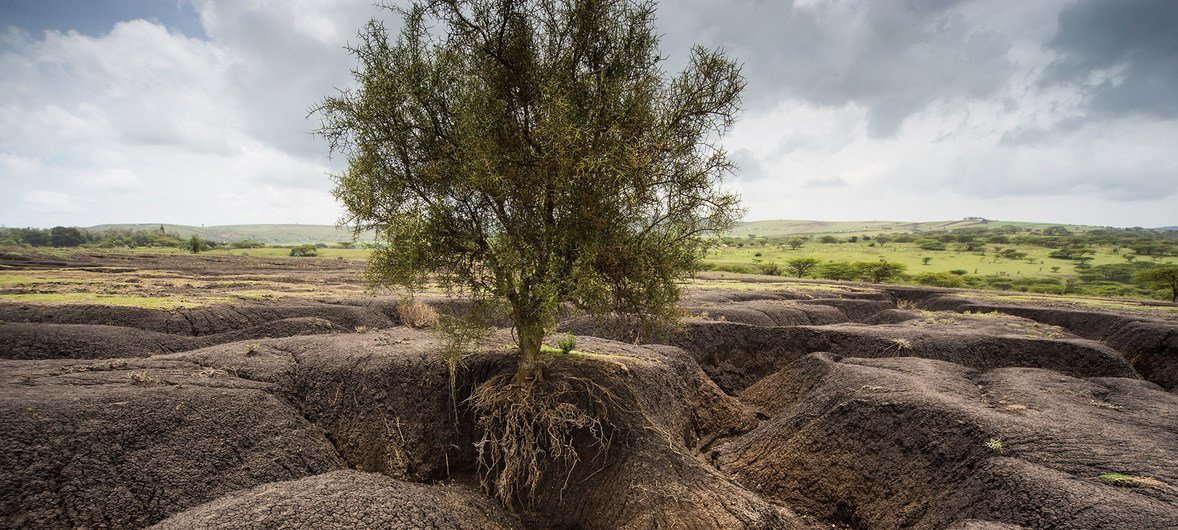4. Soil Erosion

“Soil erosion is the natural process in which the topsoil of a field is carried away by physical sources such as wind and water.”
Many studies conducted over the last few decades have shown that soil erosion has a negative influence on crops grown on damaged land. According to statistics, there is a relationship between declining crop yields and soil erosion. According to the data, this influence is also influenced by soil type, crop type, and agricultural management practises. According to studies, soil erosion results in the abandonment of nearly 10 million hectares of land per year due to a lack of crop yield. Africa, Asia, and South America all lose 30 to 40 hectares every year on average, with Africa, Asia, and South America losing the most. This means that in many places, declining agricultural yields and failed farms constitute a threat to food security. This effect is compounded in impoverished areas, where farmers commonly prefer to produce row crops, which are more susceptible to soil erosion and hence put them at higher danger. Furthermore, in the United States, there has been a recent trend for farmers to move to specific row crops, such as maize, since their value has increased, despite the fact that their susceptibility to soil erosion puts entire farms at risk of financial ruin. Soil erosion can be induced by a range of organic and traditional agriculture practises. As a result, farmers are being asked to adjust their practises to prevent soil erosion and safeguard the land so that it may continue to produce healthy crop yields and support animal life. Organic farming, for example, is less likely than conventional farming to produce soil erosion. Organic farming methods have been shown in research to improve soil quality. Organic land has significantly higher levels of the soil enzymes dehydrogenase, phosphatase, and urease, as well as significantly higher microbial biomass and polysaccharide content than soil samples from conventionally farmed land. These properties, particularly increases in polysaccharide content, which acts as a soil binding agent, are known to improve soil erosion resistance. Organic farming methods are being advocated in the agricultural business not only to minimise soil erosion and boost crop yields, but also because of the numerous environmental and health benefits they give. Up to 80% of the world's agricultural land is eroding at moderate or severe levels, according to estimates. Furthermore, land provides 99.7% of human food calories, whereas marine environments provide only 0.3 percent. This emphasises how crucial it is to protect the land where food is grown in order to avoid a food crisis. Because soil is eroding at 10 to 40 times the pace at which it is being restored, it is vital to address the causes of soil erosion in order to reduce the negative effects on agriculture.